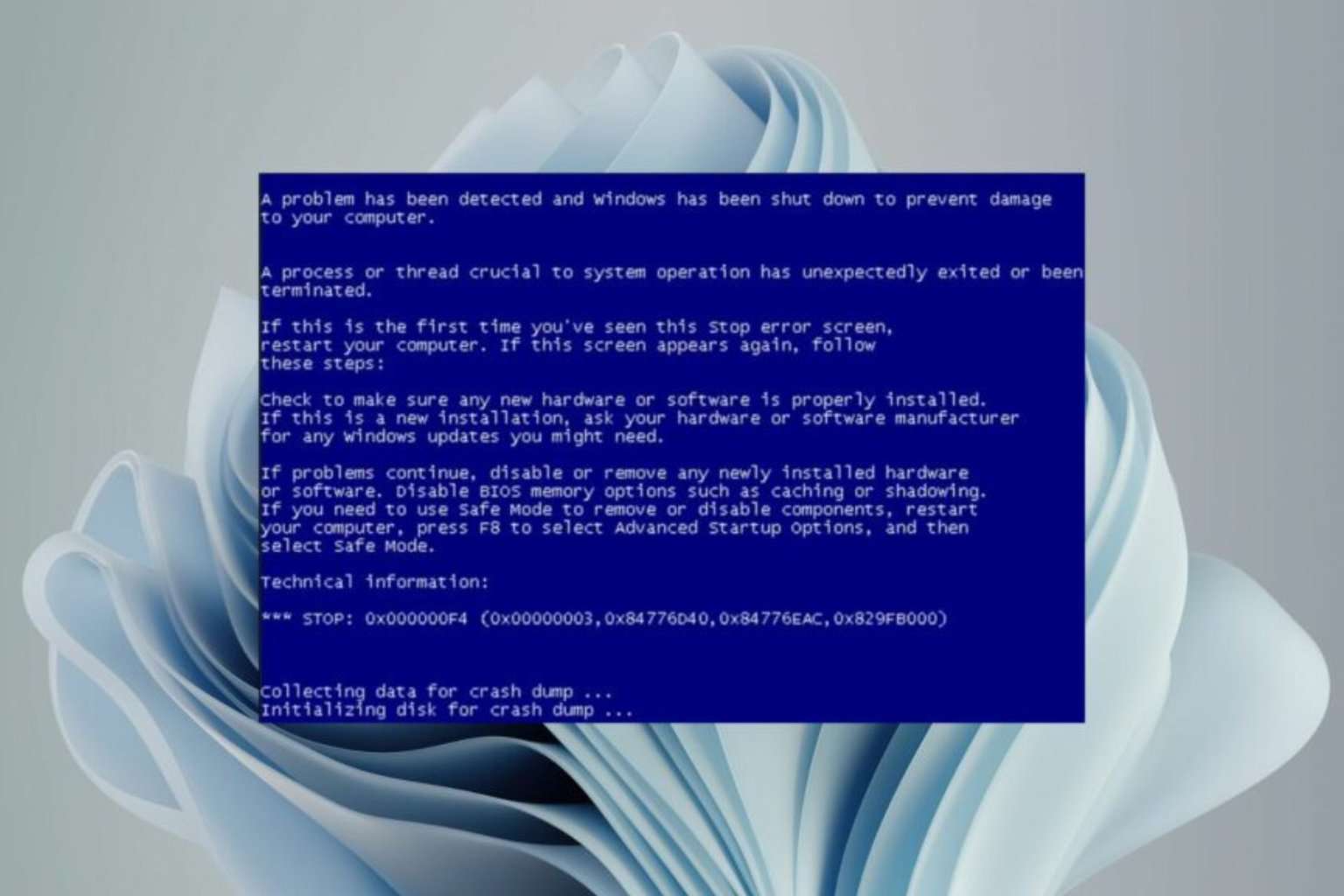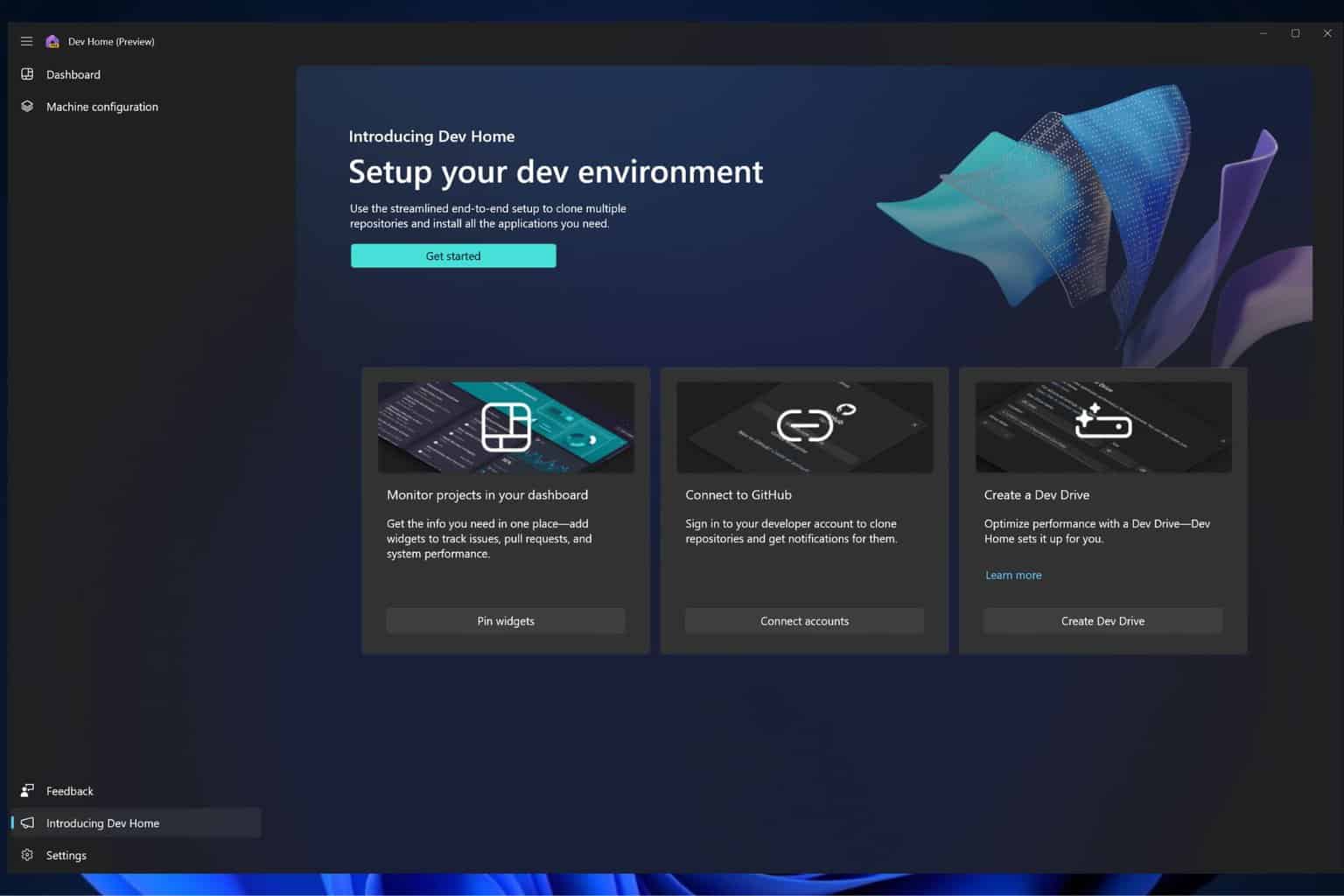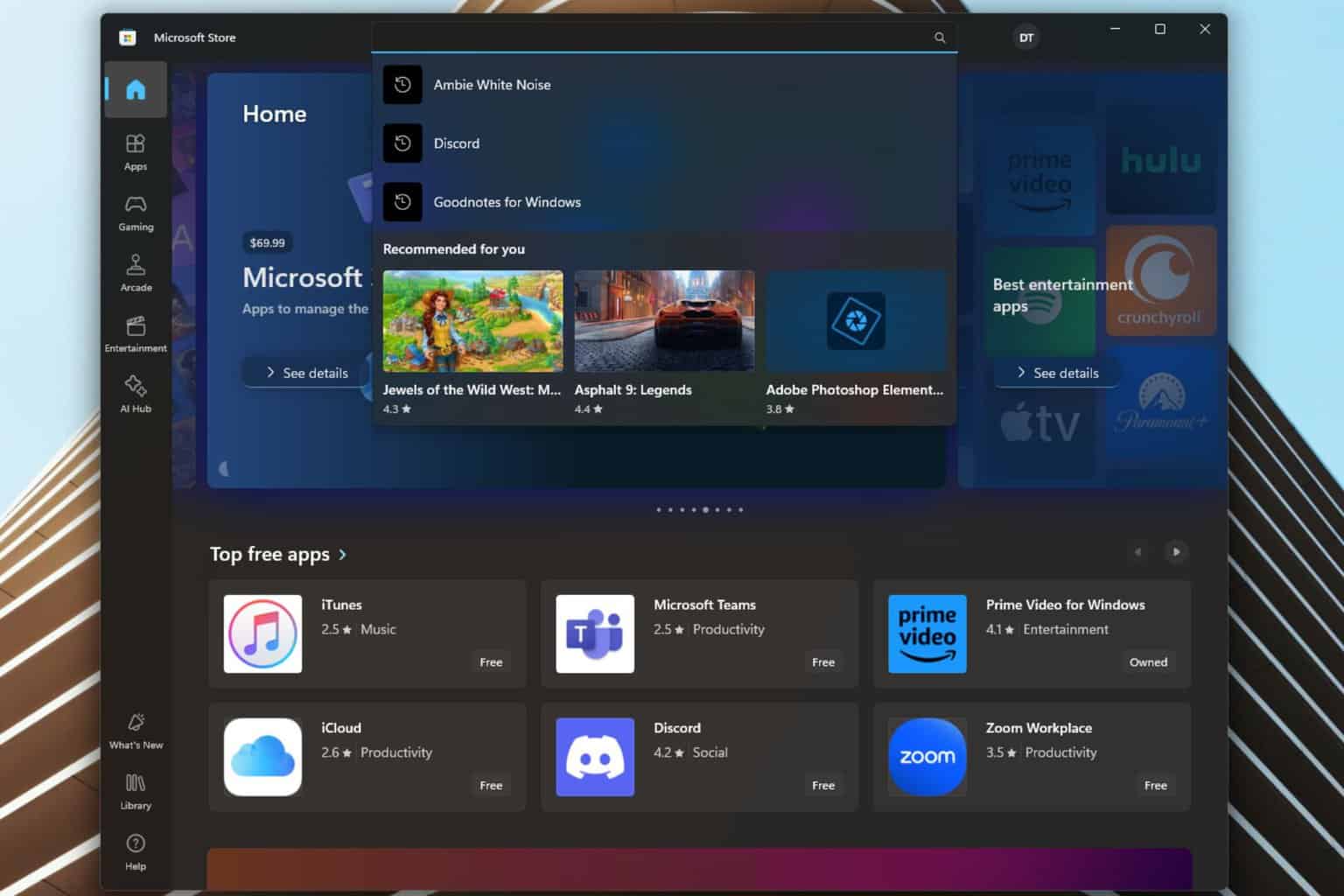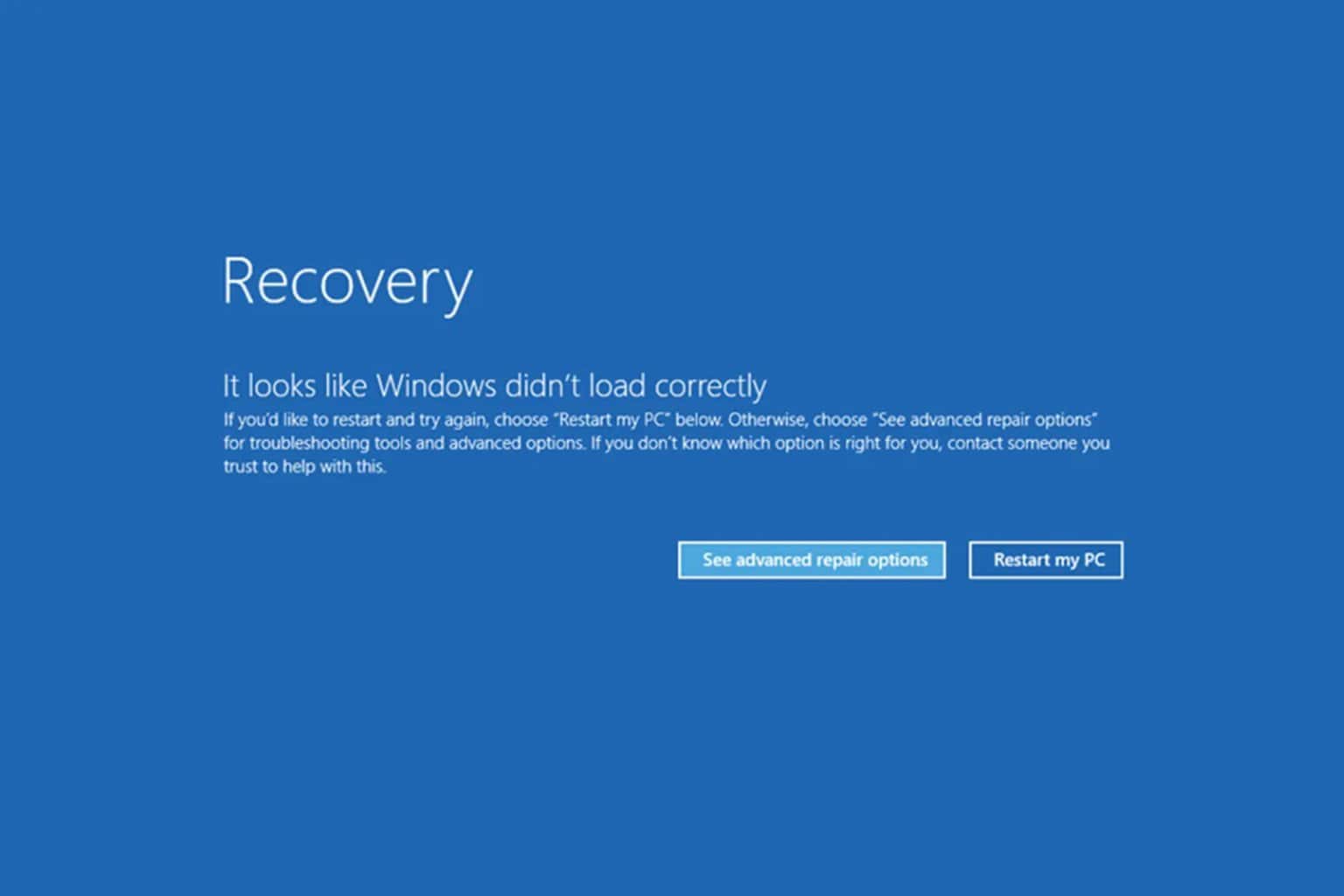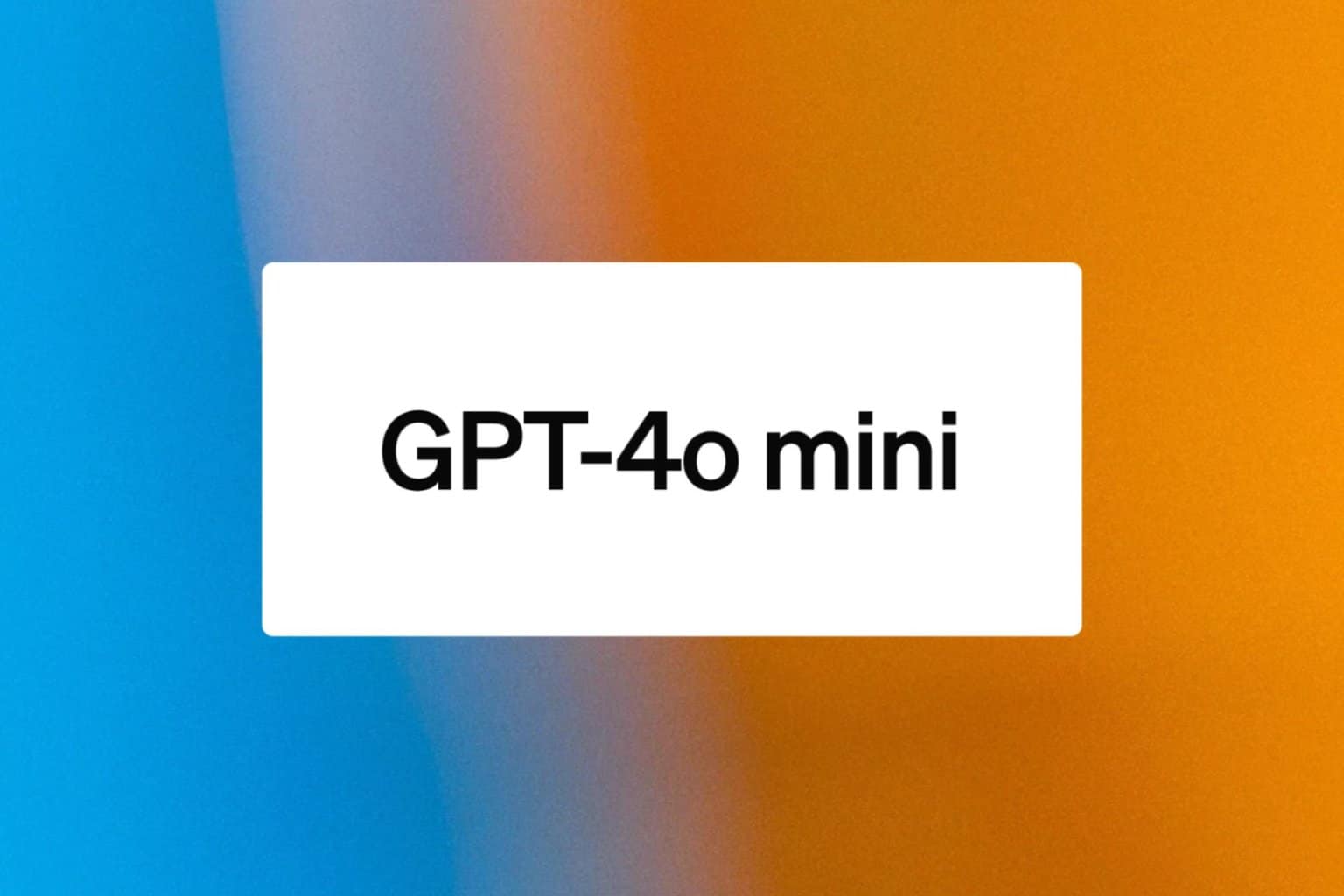KB5011563: Everything you need to know [Features Breakdown]
5 min. read
Updated on
Read our disclosure page to find out how can you help Windows Report sustain the editorial team Read more
Key notes
- With KB5011563, the issue that might cause a Microsoft OneDrive file to lose focus after you rename it and press the Enter key.
- Another fix is for an problem that increases the startup time for Windows because of a UI thread in a networking API stops responding.
- Read to full changelog for this cumulative update here and see what other fixes or known issues this software release came with.
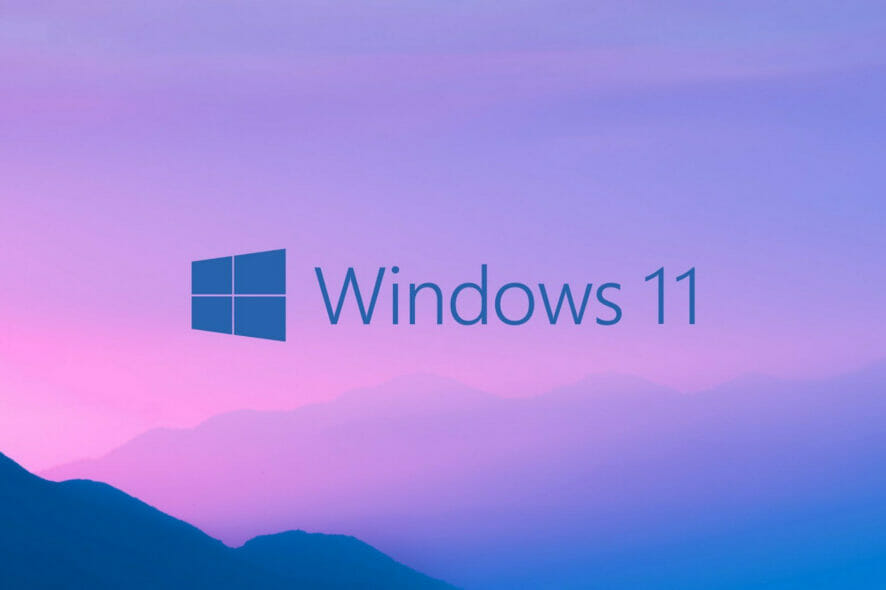
As many users have considered, it was about time for the Redmond tech giant to release yet another optional update for its latest operating system.
Thus, Microsoft has just released build 22000.593, through KB5011563, as an optional C update for Windows 11.
And yes, this same update was released to the Beta Channel about two weeks ago, and although this is an optional update, it will most likely be a part of the next Patch Tuesday release.
There’s a pretty long list of fixes, so let’s get right into it and see what we’re dealing with when it comes to this latest cumulative update.
What’s new with KB5011563?
By far, the highlight of this release is that it updates an issue that might cause a Microsoft OneDrive file to lose focus after you rename it and press the Enter key.
Users that have dealt with this issue know that, when a file loses focus, you have to select it again before you can use it.
Also, this latest cumulative update returns the corresponding Settings page when you search for the word widgets.
Fixes
- Addresses an issue that turns off auto-startup for Universal Windows Platform (UWP) apps after you upgrade the OS.
- Addresses an issue that causes SystemSettings.exe to stop working.
- Addresses an issue that affects searchindexer.exe and prevents Microsoft Outlook’s offline search from returning recent emails.
- Addresses an issue that increases the startup time for Windows. This issue occurs because a UI thread in a networking API stops responding when a 5G wireless wide area network (WWAN) device is slow to wake up.
- Addresses a memory leak in the wmipicmp.dll module that causes a lot of false alarms in the System Center Operations Manager (SCOM) datacenter monitoring system.
- Addresses an issue that incorrectly returns the Execution Policy settings from the registry.
- Addresses an issue in which modern browsers fail to correctly render HTML that is generated by gpresult/h.
- Addresses an issue that causes an “Access denied” exception for a file during a PowerShell test for AppLocker.
- Addresses an issue that causes the Remote Desktop Service (RDS)server to become unstable when the number of signed in users exceeds 100. This prevents you from accessing published applications using RDS on Windows Server 2019.
- Addresses an issue that returns an error message when you browse for a domain or organizational unit (OU). This issue occurs because of improper zeroing out of memory.
- Addresses an issue that causes the Group Policy Management Console to stop working after you close it. The system logs Application Error Event ID 1000 and the error, 0xc0000005 (STATUS_ACCESS_VIOLATION); the failing module is GPOAdmin.dll.
- Addresses an issue that might cause the Group Policy Service to stop processing telemetry information for Group Policy Registry Preferences.
- Addresses a stop error (0xD1, DRIVER_IRQL_NOT_LESS_OR_EQUAL) in the DirectX kernel component.
- Addresses an issue that might cause Kerberos.dll to stop working within the Local Security Authority Subsystem Service (LSASS). This occurs when LSASS processes simultaneous Service for User (S4U) user-to-user (U2U) requests for the same client user.
- Addresses an issue that affects the Key Distribution Center (KDC) Proxy. The KDC Proxy cannot properly obtain Kerberos tickets for signing in to Key Trust Windows Hello for Business.
- Adds support for Microsoft Account (MSA) Pass-through scenarios in Azure Active Directory(AAD) Web Account Manager (WAM).
- Addresses an issue that logs Event ID 37 during certain password change scenarios, including failover cluster name object (CNO) or virtual computer object (VCO) password changes.
- Addresses an issue that prevents the User Account Control (UAC) dialog from correctly showing the application that is requesting elevated privileges.
- Addresses an issue that might cause a Microsoft OneDrive file to lose focus after you rename it and press the Enter key.
- Returns the corresponding Settings page when you search for the word widgets.
- Addresses an issue that prevents Event 4739 from displaying the new values of certain attributes after a policy change.
- Addresses an issue that causes the Move-ADObject command to fail when you move computer accounts across domains. The error message is, “Multiple values were specified for an attribute that can have only one value”.
- Addresses an issue that prevents you from accessing Server Message Block (SMB) shares using an IP Address when SMB hardening is enabled.
- Addresses an issue that causes stop error 0x1E in the SMB Server (srv2.sys).
- Addresses an issue that causes a mismatch between NetBIOS and DNS Active Directory domain names when you create a cluster.
Known issues
- After installing the Windows updates released January 11, 2022 or later Windows versions on an affected version of Windows, recovery discs (CD or DVD) created by using the Backup and Restore (Windows 7) app in Control Panel might be unable to start.
There is no workaround for this issue yet, as Microsoft stated that it is currently working on a resolution and will provide an update in an upcoming release.
You can get this optional update by checking the Windows Update page in your Settings, or through the Microsoft Catalog.



